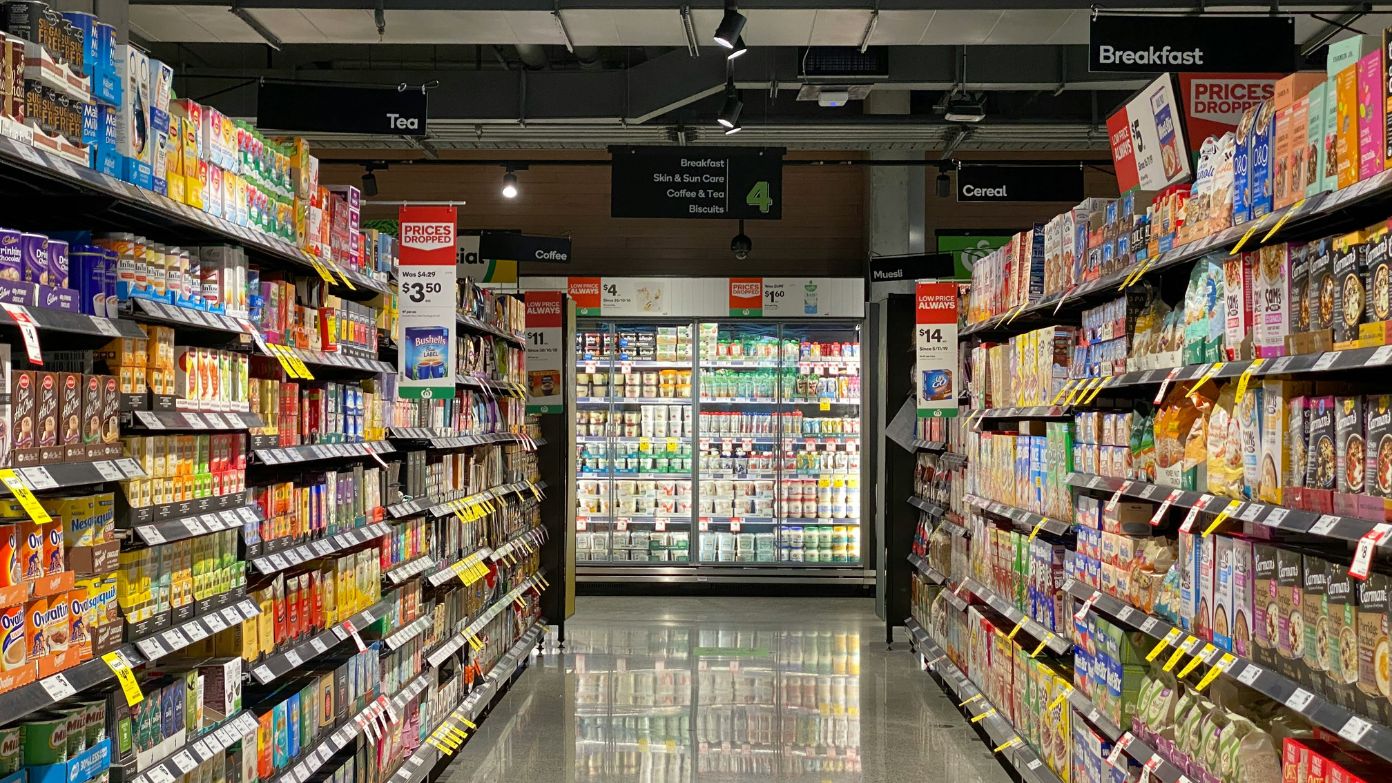This law is about restricting what Supplemental Nutrition Assistance Program (SNAP) benefits can be used to buy at grocery stores. Based on this new law, you will not be allowed to purchase certain processed foods, sugary drinks, candy, and other “junk food” items with SNAP benefits in states that adopt this ban.
The idea is that taxpayer-funded assistance should support healthier choices, not subsidize food that may harm health over time.
Two states (Missouri and Ohio) have recently announced they plan to join this kind of ban. That means, if you live in any of these states, you or your family might no longer be able to spend your SNAP benefits on soda or sugary drinks.
Why are states doing this now?
Some states are considering or have already joined this ban, and here are some of the reasons suspected to drive their decisions:
- Promoting public health: State leaders argue that limiting sugary drinks and junk food will help reduce obesity, diabetes, and other diet-related illnesses in persons receiving these benefits.
- Aligning SNAP with nutrition goals: SNAP was created to help people eat wholesome food. Some believe letting people buy candy and soda with SNAP goes against the goal of the program.
- Political momentum and federal support: The USDA has approved waivers that allow states to change what items are eligible under SNAP programs. That gives states flexibility to put limits in place.
- Cost control and public opinion: Some lawmakers argue that paid taxes should not go toward subsidizing unhealthy food choices. For example, in Ohio, House Finance Chair Brian Stewart said: “I don’t think we should have a policy in this state where we are essentially subsidizing diabetes in children by buying pop with food stamps.”
Recommended:
Which states already have these SNAP restrictions?
As of now, 12 states have been granted waivers to restrict purchases using SNAP benefits.
Some of the states with restrictions (or planned restrictions) include:
- Florida
- Texas
- Oklahoma
- Louisiana
- Colorado
- West Virginia
- Arkansas
- Idaho
- Indiana
- Iowa
- Nebraska
- Utah
When Missouri and Ohio complete the process, they’ll join this growing list.
How exactly will the ban work?
The states that adopt this law generally plan to:
- Ban items that list sugar, corn syrup, or high-fructose corn syrup (or similar caloric sweeteners) as the primary or second ingredient, especially in sodas or energy drinks.
- Exclude candy and similar sweets from being purchased with SNAP.
- Allow healthy exceptions, for example, fruit juices with a high percentage of natural juice, or products needed for infants or medical conditions.
- Require wholesale changes in supermarket checkout systems, because SNAP machines must recognize which items are eligible and which are not.
In Ohio’s plan, for instance, the working group suggests restricting beverages “that list sugar, corn syrup, high-fructose corn syrup, or similar caloric sweeteners as the primary ingredient or as the second ingredient if the first ingredient is carbonated water.”
Recommended:
Who is affected by this change — and how much?
This impacts millions of people who rely on SNAP to buy groceries. They will need to change how they shop, especially for drinks and sweets.
It also affects supermarkets and stores. They will have to:
- Update point-of-sale systems so they can tell which products are allowed under SNAP and which are not.
- Adjust their stock and display, possibly reducing shelf space for sugary drinks or candy in states with the ban.
- Educate employees and customers about the new rules.
Some people fear this might stigmatize or make life harder for lower-income families. Others argue it nudges healthier behavior. There is debate over whether bans like these actually change diets long-term. Some researchers say people may switch to other unhealthy but allowed items unless people who receive these benefits realize these changes will actually help them.

